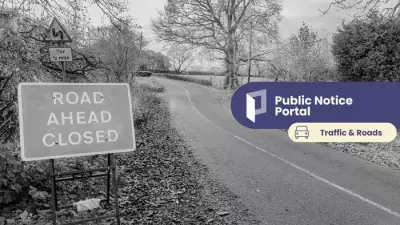
The Department for Work and Pensions is set to acquire unprecedented surveillance powers that will allow officials to scrutinise the bank accounts of millions of benefit claimants across Britain.
What the New Powers Mean for Claimants
Under the new regulations, DWP investigators will be authorised to regularly monitor the financial activity of individuals receiving state support. This represents one of the most significant expansions of government oversight into personal finances in recent history.
The measures specifically target several key benefits:
- Universal Credit
- State Pension
- Disability Living Allowance
- Personal Independence Payment
- Carer's Allowance
The Government's Stance on Financial Surveillance
Ministers argue these intrusive powers are essential for combating what they describe as "massive fraud and error" within the benefits system. The government claims this crackdown could save taxpayers an estimated £600 million over the next five years.
However, privacy advocates and civil liberties groups have expressed serious concerns about the scope of these new authorities. Critics warn that innocent claimants could find themselves subjected to unnecessary financial scrutiny, creating what some are calling a "guilty until proven innocent" approach to welfare.
How the Account Monitoring Will Work
The DWP will collaborate with third-party organisations and financial institutions to flag what they term "suspicious activity." This could include:
- Regular scans of transaction histories
- Monitoring of account balances and overseas activity
- Tracking of large or unusual deposits
- Cross-referencing with declared income and circumstances
Important note: The department insists these powers will only be used where there is already a suspicion of fraud, rather than for random checks on all claimants.
Timeline and Implementation
The legislation enabling these powers is expected to receive Royal Assent in the coming months, with full implementation anticipated over the next two years. This gradual rollout will allow for what the government describes as "appropriate safeguards" to be established.
As the cost of living crisis continues to affect households nationwide, these new measures signal a significant shift in how the government monitors and manages benefit payments, balancing fraud prevention against individual privacy rights.





